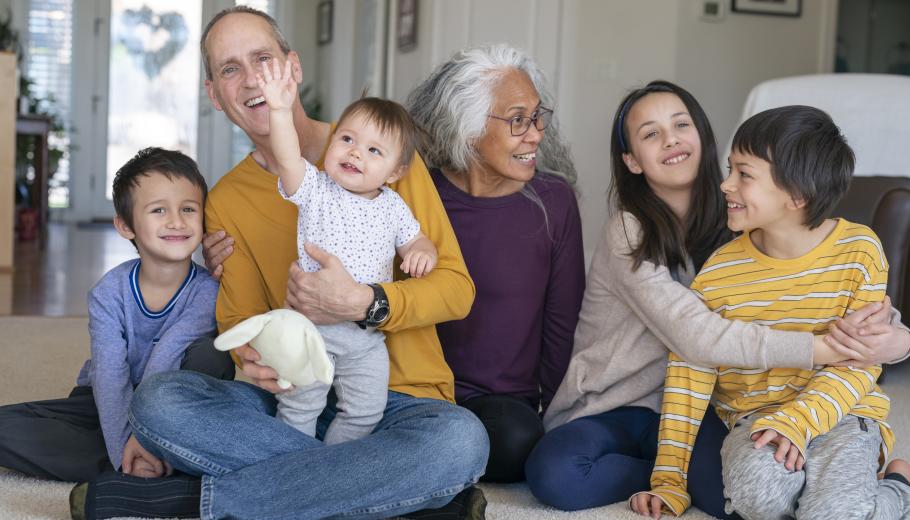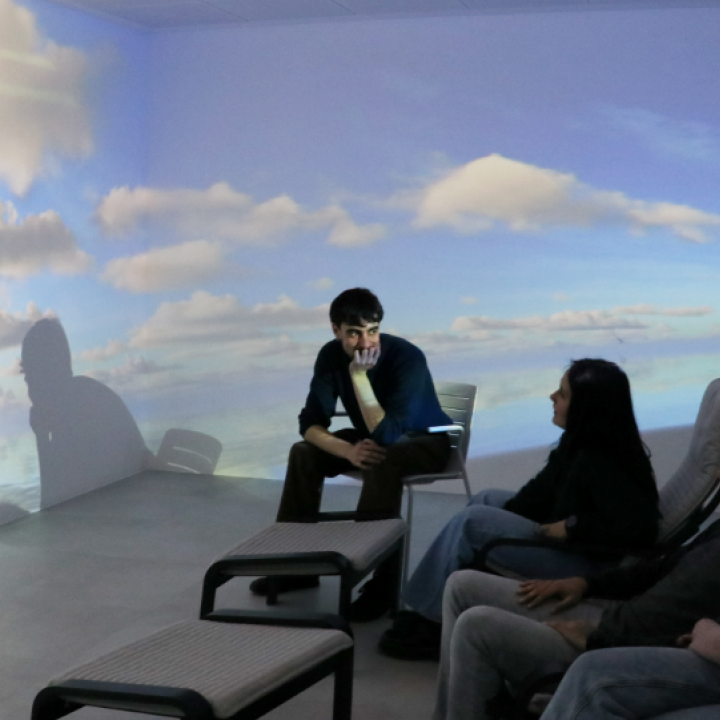Once the challenges have been overcome, the fostering process is a source of happiness both for the children and for the welcoming people who expand their family nucleus.
Even so, whether the reception processes are positive and help to improve the lives of children depends on multiple factors. Among them, the circumstances and emotional state of the child or young person themselves, the psycho-emotional resources of the collaborators or host, the family of origin, possible siblings, as well as the support of the professionals during the process.
Whether this process ends in a reunion with the family of origin, or whether temporary foster care becomes permanent, girls, and boys go through moments of adversity, which cannot always be resolved satisfactorily. Fortunately, when the difficulties are overcome, the fostering process is a source of happiness both for the children and for the welcoming people who expand their family nucleus.
From Suara cooperativa we work so that Residential Educational Action Centers (CRAE) like the one in Albera, in collaboration with other entities, can facilitate and accompany those families who wish to receive and expand their family nucleus with these children. The support is fundamental for the consolidation of the role of the collaborating or host families and, by extension, of the success of the processes that are carried out.
Many children who are in residential centers have a prognosis of a long stay, due to reasons such as the difficulty of returning to the biological family, among others. This was the situation of two sisters, aged 5 and 8, who had a complex vision of the future due to the family situation, and a long stay in a residential resource was predicted.
For this reason, since they received them at the CRAE, the respective tutors, with the support of other entities, evaluated the fostering proposal, and thus guarantee a future in a family environment, given the age of the sisters Once fostering by extended or estranged family was ruled out due to resistance from the biological family, the collaborating family was assessed as the best option. Once the family was chosen, the preliminary support began and after a while, weekly meeting spaces with the little girls began to be scheduled, which quickly generated a bond with the family.
This process, like most collaboration or hosting processes, brought difficulties and moments of uncertainty. From the CRAE, Albera tried to offer the children the support and accompaniment they needed, respecting the vital moment they were living and offering the necessary time to take it on.
Likewise, the family was also able to respect these spaces and times, giving the children the security they needed, feeling respected and accompanied by family members. Including these children in the important moments of the family's daily life, such as birthdays, celebrations, medical visits or extracurricular activities, contributed very positively to the establishment of a secure bond.
Gradually, the vacation periods got longer and the bond was being consolidated, both the family and the professionals, it was clear that the situation was moving towards permanent care. So, after a few years as a collaborating family and with many experiences lived between the girls, the family, the educational team and professionals, the fostering was finally formalized. Leaving behind the fostering stage institutional to make way for a family and a home.
It is, therefore, a case of satisfactory reception because all the parties have been able to carry out their process, respect that of the others, measuring the expectations and valuing the reality of each one. The CRAE has tried to respect these times and spaces, facilitating it to become, almost, a natural process.
Unfortunately, the number of families interested in the fostering process is decreasing in recent years. Among the possible causes, we find the current socio-political situation, the precariousness, or the doubts about the complexity that can involve the life situation of these children and young people cared for by the Child and Adolescent care organizations (DGAIA).
If you have doubts about becoming a collaborating family and welcoming children into your family nucleus, trust the professionals who will accompany you beforehand and throughout the fostering process. It could be an enriching experience for all.
Miguel Sanchez
Social Educator Director of CRAE l'Albera. More than 10 years of experience at Suara Cooperativa working and accompanying in the field of children and adolescents at risk.
Sara Parraga
Social educator. Pedagogical Coordinator of CRAE l'Albera. More than 7 years of experience at Suara Cooperativa working and accompanying in the field of children and adolescents at risk.





